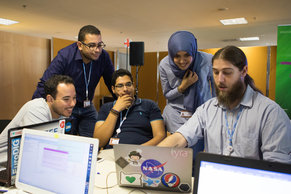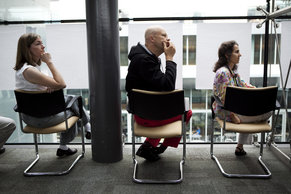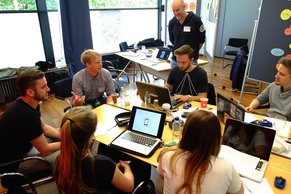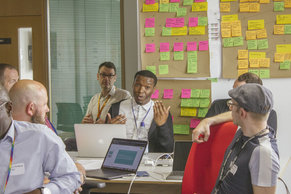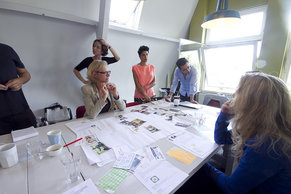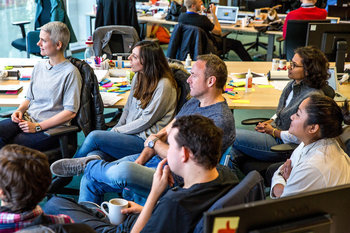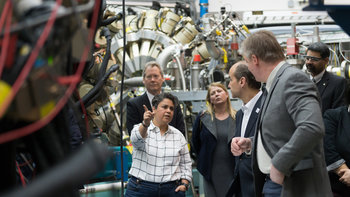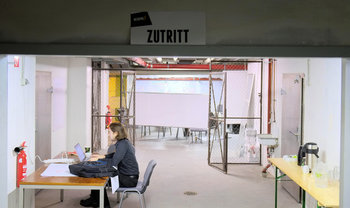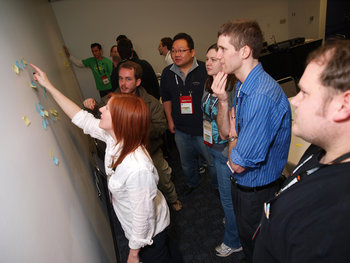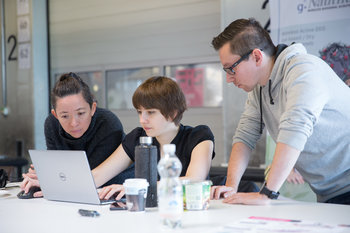
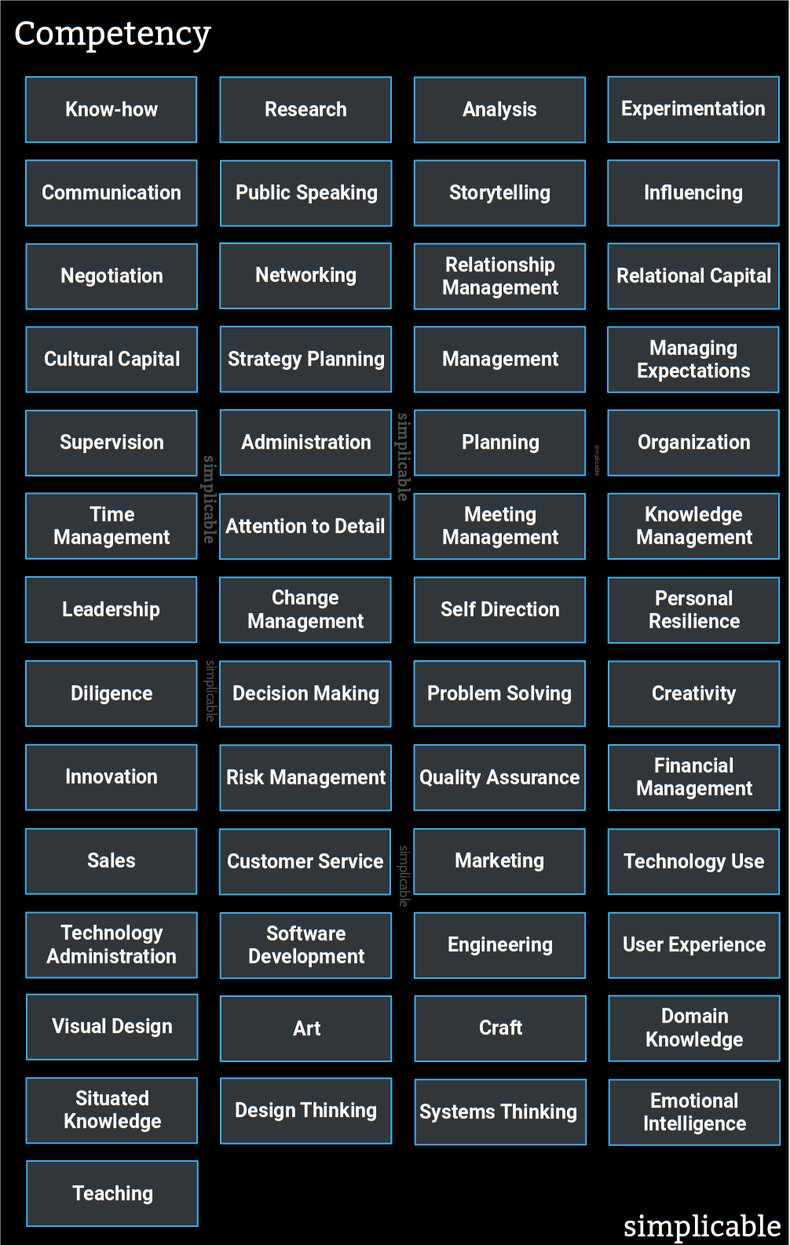
Know-how
The ability to accomplish a task. For example, the ability to replace a motor in a particular model of elevator.Research
The systematic search and investigation of information and information sources.Analysis
The process of gathering, interpreting and structuring information.Experimentation
The practice of designing and executing tests to discover knowledge or test a hypothesis.Communication
The ability to transfer meaning to others and fully understand verbal and written communications.Public Speaking
A talent for communicating to groups.Storytelling
The art of making information interesting.Influencing
The ability to change people's actions and ideas using communication.Negotiation
Negotiating prices, terms and agreements.Networking
A talent for meeting people and building out a network of social connections.Relationship Management
The process of building and sustaining relationships with stakeholders such as customers.Relational Capital
The relationships currently held by an individual or organization. For example, a candidate for a sales position who already knows hundreds of people in your industry versus a candidate who is relatively unknown.Cultural Capital
The ability to build relationships and influence in the context of a culture.Strategy Planning
A talent for identifying goals and plans to achieve goals under constrained and competitive conditions.Management
The direction of teams and control of resources.Managing Expectations
Managing commitments and perceptions so that the work you produce matches the expectations of your stakeholders.Supervision
Oversight and direction of work.Administration
Conducting processes and procedures.Planning
Identifying and executing steps that achieve goals.Organization
Orchestrating resources in order to realize a plan.Time Management
The ability to use time effectively as measured by productivity.Attention to Detail
The ability to deliver high quality products, communications and services.Meeting Management
Planning, organizing and facilitating meetings.Knowledge Management
The process of developing, capturing, communicating and using knowledge.Leadership
A talent for getting people working together towards a common purpose independent of your authority.Change Management
The practice of leading change including defeating resistance to change.Self Direction
The ability to achieve a set of goals without management and supervision.Personal Resilience
Dealing with challenges and stress without a loss of motivation, direction and diligence.Diligence
Applying the level of care in your work that can be reasonably expected.Decision Making
A talent for making reasonable decisions using techniques such as decision modeling.Problem Solving
Troubleshooting and developing solutions to problems.Creativity
The ability to come up with non-obvious value.Innovation
The process of seeking leaps forward as opposed to incremental improvements.Risk Management
Identifying, analyzing, treating and monitoring risk.Quality Assurance
The end-to-end process of preventing mistakes.Financial Management
Planning and control of financial resources including budget planning, forecasting, accounting, financial controls, financial reporting and audits.Sales
The end-to-end process of managing relationships with customers and closing sales.Customer Service
A talent for delivering customer service that is perceived as friendly and diligent.Marketing
The process of researching, developing, launching, distributing, pricing, promoting and selling products and services.Technology Use
The ability to use technologies such as applications and systems.Technology Administration
Deploying, configuring and administering information technology.Software Development
The ability to architect, design and develop software.Engineering
The application of science and mathematics to design and development.User Experience
The design of user interfaces and other user experiences.Visual Design
The design of visual things such as posters.Art
Art is the creation of things with aesthetic value without commercial constraint.Craft
Craft is the creation of physical value by hand.Domain Knowledge
Knowledge that is specific to a domain such as a science or industry.Situated Knowledge
Highly specific knowledge such as a salesperson who knows about a customer's internal politics related to their purchase decisions.Design Thinking
A talent for applying design to solve problems and make decisions.Systems Thinking
Systems thinking is the ability to fully model the end-to-end impact of things to develop elegant solutions to complex problems.Emotional Intelligence
The ability to understand, communicate and use emotion.Teaching
A talent for developing the competencies of others.| Overview: Competency | ||
Type | ||
Definition | Skills, abilities, talents, knowledge, personal attributes and relationships that allow an individual or organization to produce value. | |
Related Concepts | ||



